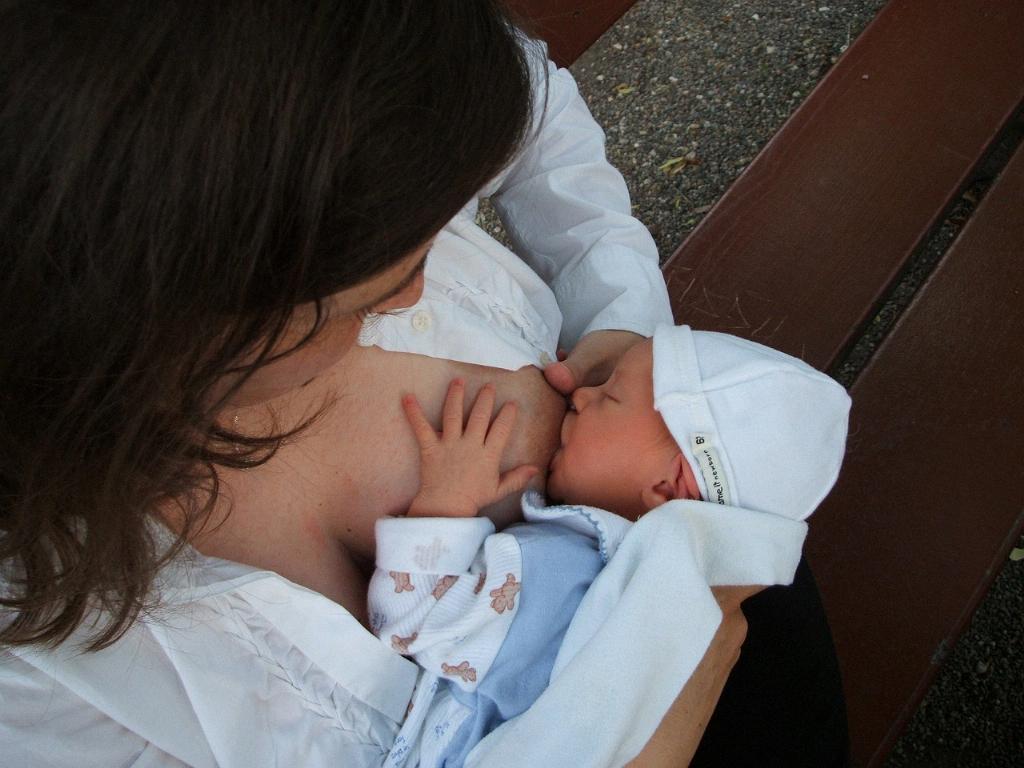When it comes to the well-being of newborns, every precaution must be taken to ensure their health and safety. One important consideration is the effects of medications that a mother may have taken during pregnancy, including the use of venlafaxine, commonly known as Effexor.
Temporary Symptoms in Newborns
Research has shown that the use of venlafaxine during pregnancy can lead to temporary symptoms in newborns soon after birth. These symptoms, sometimes referred to as withdrawal, can manifest in various ways.
Potential Symptoms Include:
Among the potential symptoms that newborns exposed to Effexor may experience are jitteriness, increased muscle tone, irritability, changes in sleep patterns, tremors, trouble eating, and problems with breathing. These symptoms can understandably be concerning for parents and healthcare providers alike.
Raising Awareness and Understanding
It is crucial for expecting mothers and healthcare professionals to be aware of the potential effects of Effexor on newborns. By understanding these risks, steps can be taken to minimize any negative outcomes and ensure the well-being of the newborn.
Consulting Healthcare Providers
For mothers who are taking Effexor during pregnancy or considering it as a treatment option, consulting healthcare providers is essential. Open and honest communication with medical professionals can help in making informed decisions that prioritize the health of both the mother and the newborn.
Monitoring Newborns Carefully
Healthcare providers typically monitor newborns closely if there has been exposure to Effexor during pregnancy. This monitoring allows for early detection of any symptoms or issues that may arise, enabling prompt intervention when necessary.
Supporting Newborns’ Health
Efforts should be made to provide comprehensive support for the health and well-being of newborns affected by exposure to Effexor. This support may include specialized care, monitoring of symptoms, and interventions as recommended by healthcare professionals.
Emotional Support for Families
Coping with the potential effects of Effexor on newborns can be emotionally challenging for families. It is important for families to receive adequate emotional support and guidance to navigate this situation with resilience and positivity.
Research and Advancements in Care
Ongoing research and advancements in medical care play a crucial role in understanding the effects of medications like Effexor on newborns. By staying informed and up-to-date on the latest findings, healthcare providers can offer the best possible care for mothers and newborns.
Importance of Education and Awareness
Education and awareness regarding the effects of Effexor on newborns are vital for promoting healthy pregnancies and positive outcomes for newborns. By raising awareness and providing education, we can empower mothers to make informed choices about their healthcare.
Conclusion
In conclusion, the impact of Effexor on newborns is an important consideration for healthcare providers, mothers, and families. By understanding the potential risks, seeking guidance from healthcare professionals, and promoting awareness, we can work towards ensuring the best possible outcomes for newborns exposed to Effexor during pregnancy.

